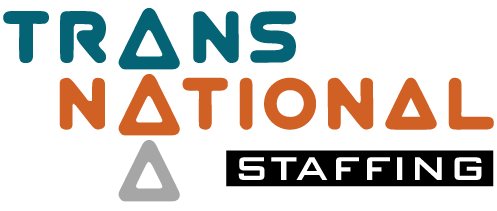
What day is the best day and time to apply for a job?
September 1, 2023
What types of termination are there in Michigan? What do they mean?
September 15, 2023
Working from home (WFH) and working in an office both have their own set of advantages and disadvantages.
It depends on many factors, but sometimes, working from home can increase depression and anxiety, and that should be considered if you are looking for a job working from home.
Working from Home
Pros:
- Flexibility: You have more control over your schedule. This can be particularly beneficial for individuals with families or other responsibilities.
- Commute Elimination: You save time and money by not having to commute, which can reduce stress and increase overall job satisfaction.
- Comfort and Customization: You can create a personalized work environment that suits your preferences. You can set up your workspace to be as comfortable and conducive to productivity as possible.
- Increased Productivity: Some people find they are more productive when working from home due to fewer distractions and interruptions from colleagues.
- Cost Savings: You save money on commuting, work attire, and often meals, which can increase your overall disposable income.
- Broader Talent Pool: Employers can hire from a wider geographical area, finding the best talent regardless of location.
Cons:
- Isolation and Loneliness: Working from home can be isolating, and some people miss the social interaction of working in an office.
- Distractions: When working from home, it's easier to be distracted by household chores, family members, or personal matters.
- Lack of Work-Life Balance: Without a clear separation between home and work, it can be challenging to establish boundaries, leading to overworking.
- Communication Challenges: Effective communication can be more difficult in a different physical space. This can lead to misinterpretation or delays in decision-making.
- Limited Career Advancement Opportunities: In some industries or roles, being physically present in the office may be necessary for networking and career advancement.
Working in an Office
Pros:
- Social Interaction: Offices provide a social environment, allowing for easy collaboration, networking, and team-building.
- Structured Routine: Going to the office provides a clear structure to your day and helps establish a boundary between work and personal life.
- Enhanced Communication: Being in the same physical space facilitates spontaneous discussions, quick decision-making, and better understanding among team members.
- Professional Development: There may be more mentorship opportunities, learning from colleagues, and exposure to new projects or responsibilities.
- Access to Resources: Offices often have equipment, resources, and technology that may not be readily available at home.
Cons:
- Commute Stress: Commuting can be time-consuming and draining, particularly in busy urban areas.
- Less Flexibility: There may be less flexibility regarding work hours and location, which can be restrictive for some individuals.
- Potential for Distractions: Offices can also be noisy and full of distractions, which may hinder productivity for some.
- Costs: You may incur expenses related to commuting, work attire, and meals you wouldn't have when working from home.
- Less Control Over Environment: You may have less control over your work environment, which could affect your comfort and productivity.
Ultimately, the suitability of working from home or in an office depends on personal preferences, job requirements, and individual circumstances. Many companies are adopting hybrid models that combine elements of both to cater to a broader range of employee needs and preferences.




